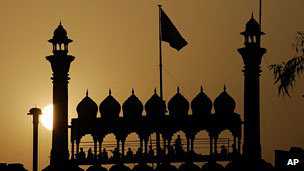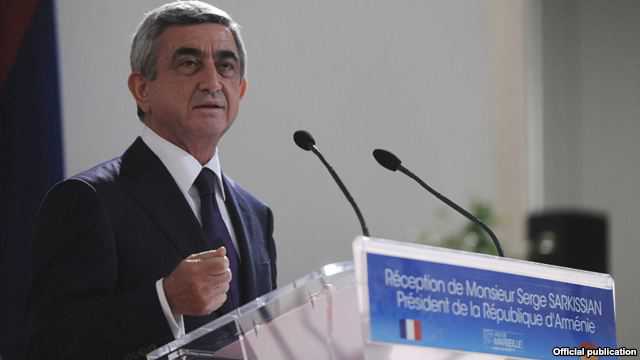Global Insider: Turkey-China Relations
By The Editors | 12 Dec 2011
Turkey and China signed a deal last month for the construction of an underground natural gas storage facility at Lake Tuz in Turkey. In an email interview, Selcuk Colakoglu, an associate professor at the International Strategic Research Institution (USAK) in Ankara, Turkey, discussed relations between Turkey and China.
WPR: What is the nature of trade relations between Turkey and China, including the main sectors of trade and direct investment?
Selcuk Colakoglu: One of the main motivations of Ankara’s rapprochement with Beijing in the late-1990s was to gain economic benefits for Turkish businessmen in China. However, the increasing trade volume with China caused huge trade imbalances for Turkey. According to 2010 figures, China has maintained a huge trade surplus — in the amount of $15 billion — with Turkey, largely stemming from consumer goods. Turkey wants to compensate for the trade imbalance through an increase in Chinese investment in Turkey, inbound tourism from China, joint ventures in third countries and a greater opening of the Chinese market to Turkish products. During Chinese Prime Minister Wen Jiabao’s visit to Turkey in October 2010, Ankara and Beijing declared their intention to raise the volume of trade to $50 billion by 2015 and to $100 billion by 2020 under a new “strategic partnership.”
WPR: How big a role does energy cooperation play in bilateral relations, and is deeper cooperation likely?
Colakoglu: There is competition rather than cooperation in the energy sector between Turkey and China. Both are rapidly developing countries that are hungry for the energy resources of the Caspian Basin and the Middle East. Turkey also wants to be an energy terminal between Caspian and Middle Eastern oil and gas producers on one hand and European consumers on the other. The only opportunity for cooperation in the energy sector is through Turkish-Chinese joint ventures.
WPR: What are the main areas of cooperation between Turkey and China outside of trade, and what are the obstacles to closer ties?
Colakoglu: Turkey has a very weak presence in East Asia. In this respect, China has arisen as a potential strategic partner in East Asia by supporting Turkey’s efforts to gain entry to the region. China would provide an economic and strategic gateway to China itself as well as East Asia and contribute foreign direct investment to Turkey. In addition, Turkish-Chinese firms would engage in joint ventures in third countries. For China, Turkey’s direct links to West Asia, Africa and Europe make it the only potential dealer for Chinese goods on the “contemporary Silk Road.” If the Eurasian transportation link comes into existence, the Turkish-Chinese partnership would gain a more strategic form in the near future.
However, there are two potential threats to much deeper Turkish-Chinese cooperation. The first is that the continuing trade imbalances make it difficult to sustain bilateral trade in the long term. The second is the Uighur issue. Although China’s current policy of integrating the Uighurs, a Turkic-Muslim ethnic group, into the political and economic system is a priority for Beijing, the problem is in no way settled yet. Any kind of ethnic violence in the Xinjiang Uighur Autonomous Region, such as a repeat of the Urumqi riots in 2009, could strain relations between Turkey and China.
via Trend Lines | Global Insider: Turkey-China Relations.






